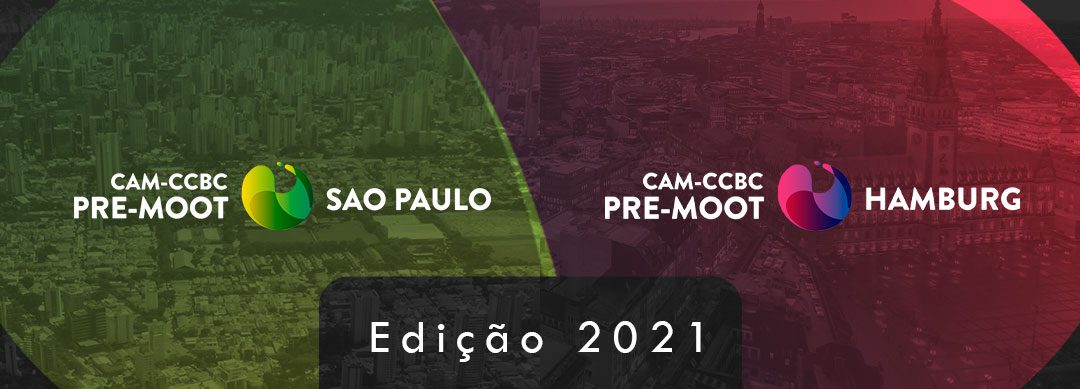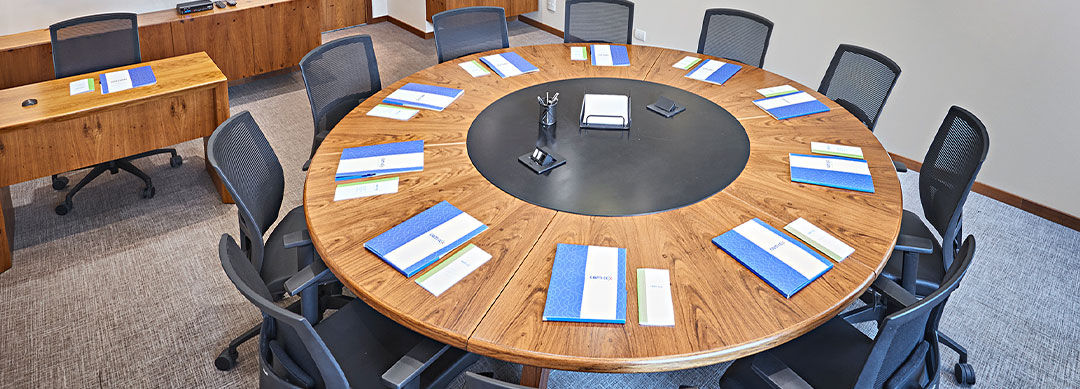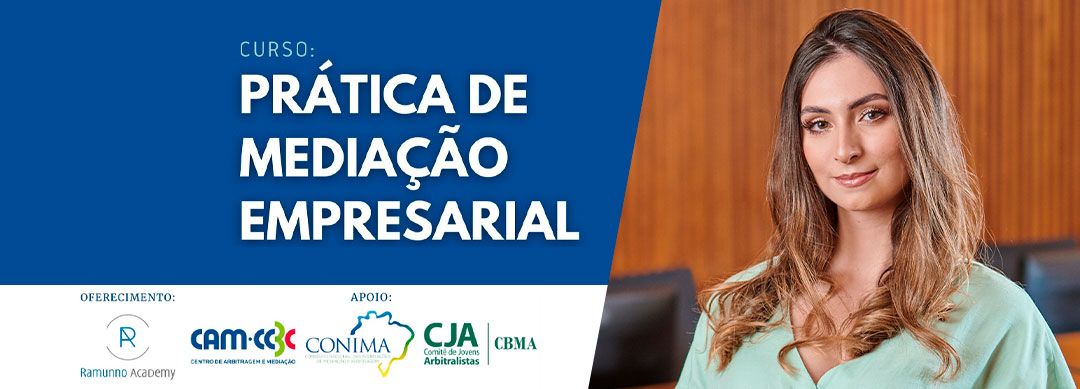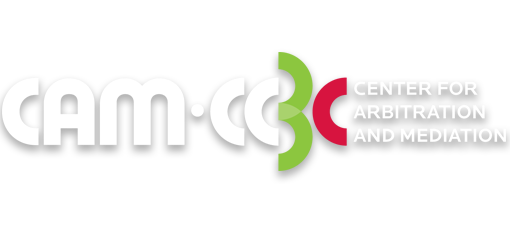CAM-CCBC opens registrations for pre-moots in São Paulo and Hamburg
By Sérgio Siscaro
The participation in academic competitions has proven to be increasingly essential for the practical preparation of law students who intend to work with alternative dispute resolution (ADRs) methods. Quite competitive, these initiatives allow the enrolled to participate in simulations of real cases – and demand a training focused not only on the knowledge framework that will guide their arguments before the arbitrator, but also on aspects such as attitude and oratory, in situations that require calm and quick reasoning.
The main international initiative is Willem C. Vis International Commercial Arbitration Moot (Vis Moot) of Vienna (Austria), which also has an oriental edition, the East Moot (Hong Kong). Several preparatory events take place as part of the competition – the so-called pre-moots, in which competitors from different countries of the world simulate the dynamics and the case to be addressed at Vis Moot.
Traditionally, CAM-CCBC promotes at the beginning of the year the São Paulo Pre-Moot, which brings together teams from all regions of Brazil and sometimes has foreign participants. CAM-CCBC also organizes the Pre-Moot in Hamburg (Germany), which takes place shortly before Vis Moot. In 2021 it could not be different: the Center has already received the registrations of more than 60 teams for each pre-moot – which will follow the same format as the competition itself and will be held remotely.
It is important to note, however, that registrations for arbitrators remain open and can be accessed through the link below.
The São Paulo’s Pre-Moot will take place on February 27 and 28, and Hamburg’s on March 24 (more information at https://www.mootcam.com.br/).
Virtual format
In the words of the deputy secretary general of CAM-CCBC, Luíza Kömel, São Paulo’s Pre-Moot is the first to be carried out in a totally virtual way, due to the persistence of the new coronavirus pandemic. “The organization of the competition this year will be an entirely new challenge. In addition to selecting from over 60 teams registered for each pre-moot, we will need the participation of a larger number of arbitrators and, most difficult, to ensure that everyone attends remotely the sessions”, she states. Last year, São Paulo Pre-Moot involved about 160 arbitrators working to study the case and evaluate the students.
However, Kömel points out that today there is more familiarity on the part of the students regarding virtual communication tools, and the fact that the competition has already been announced as being promoted in this format helps the teams to prepare themselves properly. “At the end of February 2020, there was still a great deal of uncertainty about the events and their format. The Vis Moot competition in Vienna was cancelled less than a month in advance and converted to virtual format”.
The teams are adapting with the new format, used in exceptional circumstances. One of the actions that teams have adopted, in order to facilitate communication between their participants, has been to be present in the same physical environment, during the virtual dynamics of the competitions.
In the deputy secretary general’s evaluation, such a format will leave a legacy, even after the pandemic. “Competitions should maintain some aspect of this format, following the same example of arbitration hearings in real cases, managed by the Center. An advantage is the reduction of costs related to the displacement of teams, for example. However, personal interaction with arbitrators will keep on being an essential component of these initiatives – both for students, who have access to the experience of these professionals, and for the arbitrators themselves, who come into contact with the new generations of lawyers”, she concludes.
Hands-on experience
In addition to providing a simulation platform close to reality, academic competitions also offer the possibility of facilitating the placement of its participants in the job market. This is the opinion of João Victor Jarske, who together with his colleague Vinícius Trajano formed the duo of participants of the Centro Universitário de João Pessoa (University Center of João Pessoa) (Unipê) in the last Pre-Moot of São Paulo, held on February 15 and 16, 2020, still in face-to-face format.
On that occasion, the team faced a duo from the Federal University of Rio de Janeiro (UFRJ) in the final decision – and became the winner of the competition. Jarske also participated in last year’s Vis Moot, held in virtual format.
According to him, the experience was quite rewarding. “São Paulo’s Pre-Moot is extremely competitive. The preparation for the competition involved the selection of speakers by the end of 2019. This was necessary for us to have enough time to train and develop our arguments. It’s a very intense phase, but also quite fun!”, he says.
Jarske and his partner Trajano faced six teams during the pre-moot. The arbitral tribunal was conducted by U.S. attorney John Fellas and former São Paulo state prosecutor Cristina Mastrobuono, and had the participation of more than 160 professionals, from Brazil and abroad, who gave counseling to the participants. “We always want to impress the arbitrators by being persuasive. And they always have great tips to share”, he ponders.
Currently working with the arbitration and commercial litigation areas, Jarske will participate in this year’s competitions as coach of the Unipê’s team. “The challenge is to adapt many features of the training to the virtual environment. In Vienna, whose 2020 edition was remote, I felt that people seemed to be more isolated – which demands more security from the participants”.





